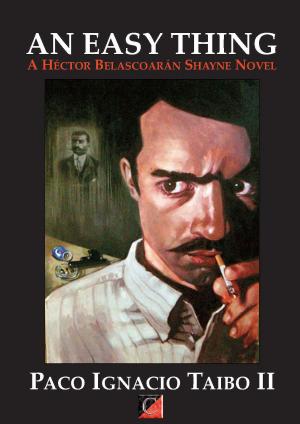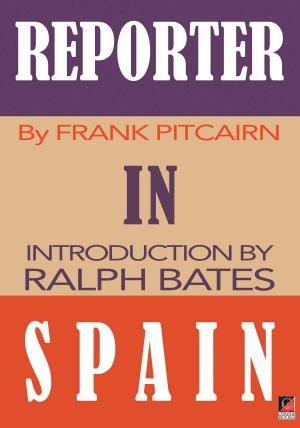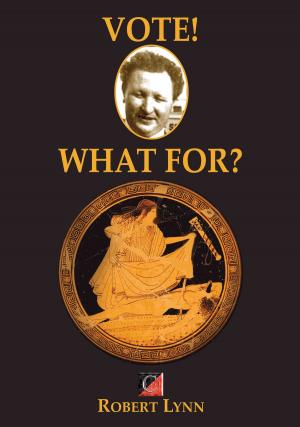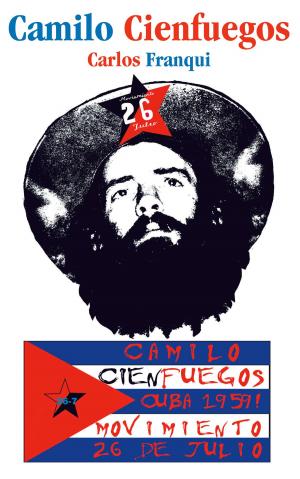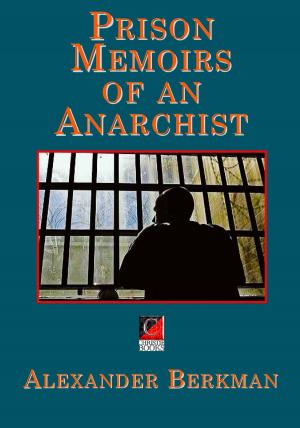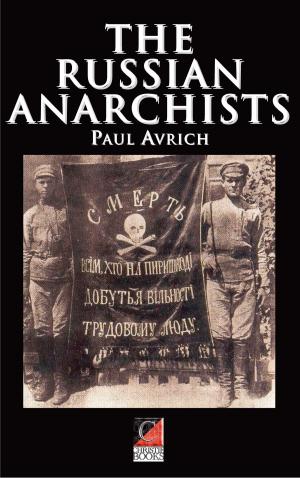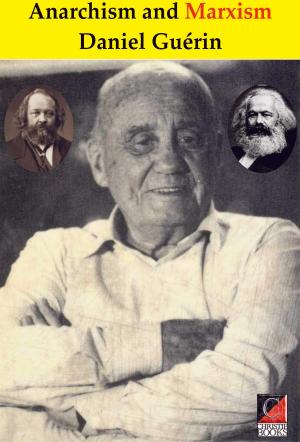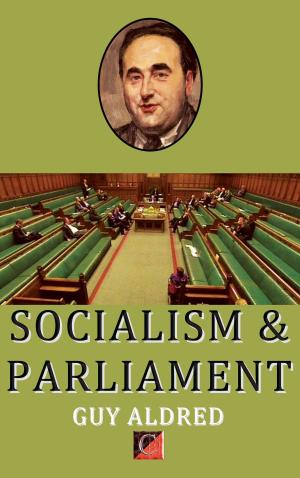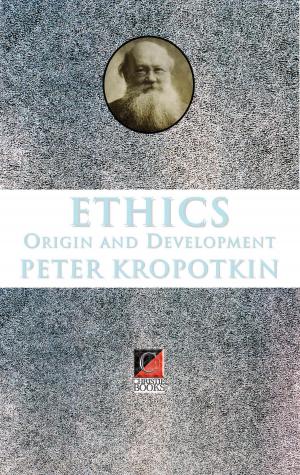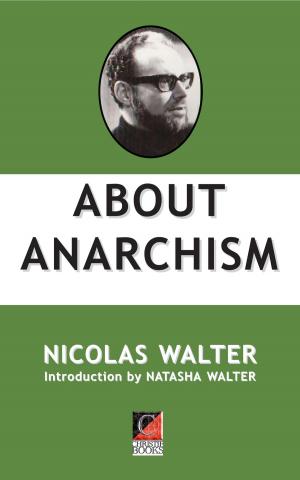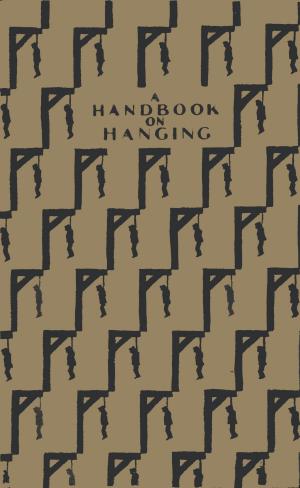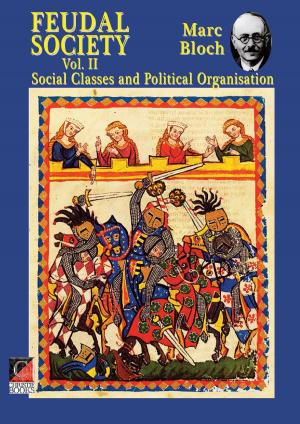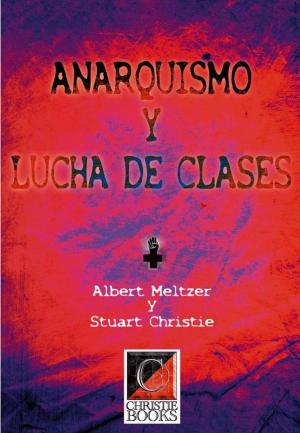The Final Weeks of the Spanish Republic
Nonfiction, History, Revolutionary, Spain & Portugal, Modern, 20th Century| Author: | Ignacio Iglesias | ISBN: | 1230000273192 |
| Publisher: | ChristieBooks | Publication: | October 10, 2014 |
| Imprint: | ChristieBooks | Language: | English |
| Author: | Ignacio Iglesias |
| ISBN: | 1230000273192 |
| Publisher: | ChristieBooks |
| Publication: | October 10, 2014 |
| Imprint: | ChristieBooks |
| Language: | English |
Some myths are long-lived, perhaps because they are fed by relentless partisan propaganda. One such myth credits Negrín and the communists alone with a will to resist throughout the civil war. A whole swathe of literature has made it its business to portray them as the very symbols of uncompromising opposition, of active, indefatigable resistance “with bread or without it”, “with guns or without them”, and so on, to General Franco and his side. Even today, so many years on, this nonsense is still being peddled; the reality is starkly different. To be honest, the policy of resistance was merely a mask behind which other designs were lurking; whilst harping on about it, the communists, ably abetted by Negrín, were picking off all the political organisations and personalities standing in the way of their quest for hegemony. Thus the POUM was liquidated, the CNT sidelined, the leftist faction creamed off from the Socialist Party, Largo Caballero brought down, first, followed by Indalecio Prieto. Meanwhile, even as the POUM was being publicly and thunderously denounced as having been in cahoots with the Nazis, the Communist Party of Spain’s sponsor, the Soviet Union, was entering into a dalliance with Hitler; and even as Prieto was being labelled a defeatist for searching for some sort of an arrangement whereby the war might be ended, Negrín had opened up channels to the enemy, as he himself later admitted.
Some myths are long-lived, perhaps because they are fed by relentless partisan propaganda. One such myth credits Negrín and the communists alone with a will to resist throughout the civil war. A whole swathe of literature has made it its business to portray them as the very symbols of uncompromising opposition, of active, indefatigable resistance “with bread or without it”, “with guns or without them”, and so on, to General Franco and his side. Even today, so many years on, this nonsense is still being peddled; the reality is starkly different. To be honest, the policy of resistance was merely a mask behind which other designs were lurking; whilst harping on about it, the communists, ably abetted by Negrín, were picking off all the political organisations and personalities standing in the way of their quest for hegemony. Thus the POUM was liquidated, the CNT sidelined, the leftist faction creamed off from the Socialist Party, Largo Caballero brought down, first, followed by Indalecio Prieto. Meanwhile, even as the POUM was being publicly and thunderously denounced as having been in cahoots with the Nazis, the Communist Party of Spain’s sponsor, the Soviet Union, was entering into a dalliance with Hitler; and even as Prieto was being labelled a defeatist for searching for some sort of an arrangement whereby the war might be ended, Negrín had opened up channels to the enemy, as he himself later admitted.

